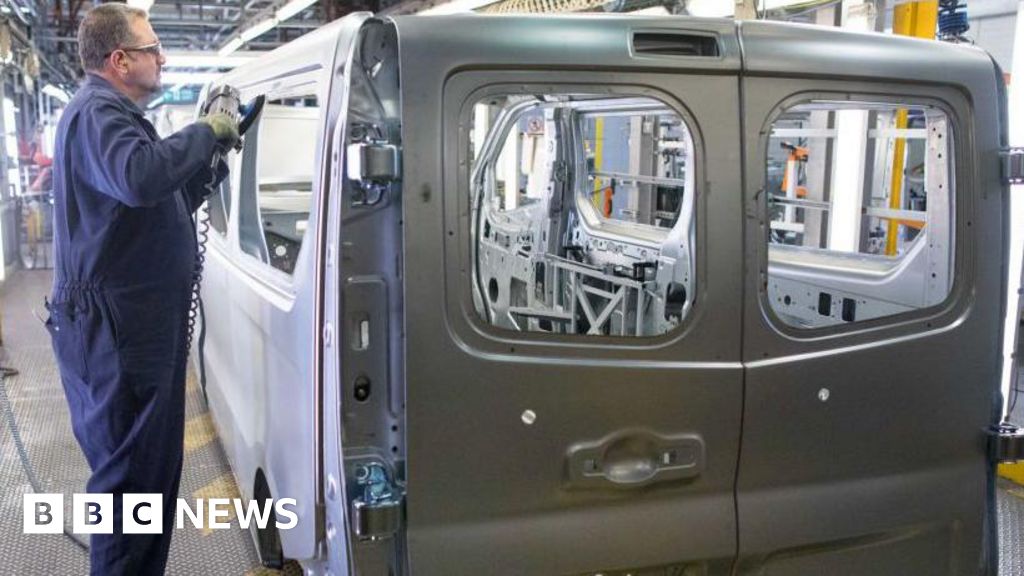There are strong indications that paucity of funds could threaten the 200,000 barrels per day modular refinery projects.
This is as out of 40 licences granted to companies who applied to operate modular refineries, only five are currently operating, LEADERSHIP learnt.
The licensees are largely challenged by lack of access to finance, a situation that has led to threats by the federal government to terminate the licences of those who have demonstrated inability to proceed with their plans.
Presently, the Crude Oil Refiners Association of Nigeria (CORAN) has about 14 registered members, including Dangote Refinery, but there are about 40 licences issued and if all the active licences were to be operational, they would be refining about 200,000 barrels per day.
Just recently, the body said inadequate crude supply had hindered members’ operations and urged intervention by the government.
However, our correspondent learnt that the key issue crippling modular refineries’ expansion is funding.
Key stakeholders, who spoke on the issue, lamented lack of access to funds.
CORAN spokesman, Eche Idoko, in a conversation with LEADERSHIP, also alluded to the fact that finance is capable of making the sector work aside from crude supply.
On funding, Idoko said, the federal government, through the ministry of Petroleum Resources, had made far reaching recommendations through an inter-ministerial engagement championed by the Federal Ministry of Petroleum Resources where far-reaching recommendations were made.
But that document, as we speak, is currently lying dormant at the Ministry of Petroleum Resources, he said.
Speaking with LEADERSHIP on the issues, chairman, Board of Trustees of the Crude Oil Refiners Association of Nigeria (CORAN), Captain Emmanuel Iheanacho, called for greater investment in the establishment of modular refineries in Nigeria as a step towards improving the oil and gas downstream sector.
Iheanacho, who is also the chairman of Eko Refineries and Integrated Oil & Gas Nigeria Ltd, told our reporter that sustainable crude supply to modular refineries would address a core energy needed to support transportation and businesses that require energy for their daily operations.
He, however, said funding was another key issue.
According to Iheanacho, he needs about $200 million to realise his refinery project but the money is not available.
“We have a long way to go. It means we must have means of refining petroleum products, so that we can provide transportation to move goods and services and provide the energy resources to power our industries. These are the basic things that we need; and refining in-country adds more value to the product than exporting the raw crude.
“If we prioritise local refining we would get the benefits that we are entitled to. So, first and foremost, provide energy resources, provide lighting. These are the things that modular refineries can do.”
According to him, government should recognize the need to have more modular refineries to work in tandem with the Dangote Refinery because Warri, Port Harcourt and Kaduna have not been working.
“This is why we need private sector input in the conception of modular refineries and the operation of these facilities,” he stated.
Iheanacho said his 20,000 bpd modular refinery project on Tomaro Island, Lagos, is seeking further financing to begin construction, to which authority had been granted.
“The modular refinery proposition has gone as far as it can go. Modular refineries are highly capital intensive facilities. We have done the detailed engineering studies, and we have achieved the authority to construct. But we are still at the point where we are trying to raise financing.
“This is the key drawback. It is very similar to the problems people have with owning ships. It is highly capital intensive. Unless you have some specialised financing mechanisms set up by the Central Bank, so that people can borrow money from it, it would be difficult for these things to be actualised.
“It is also a need for us to have specific guarantees with respect to availability of crude, because it is really odd in a situation where the Nigerian government partners some oil-producing companies and then has a share of the oil. It would be odd for the government to be selling that oil on a Free On Board (FOB) basis, whilst there are local refineries that are set up and can use those things and add value.
“So, the time has come when we should match the government’s share of the crude to the refining proposition of the local refiners and then have cheap and sufficient fuel for use in our economy, and that we can also export to our neighbouring countries.”
In the internationally-recognised rules for responsibilities to be borne by buyers and sellers of goods, the Free On Board ‘(FOB) Origin requires the buyer to assume all the risk once the seller ships the product.
However, according to Idoko, CORAN members have 15 licensees that have passed the stage of Authority To Construct, ATC, and are close to mechanical completion within 12 to 24 months if conditions for financing are met.
He said: “Usually all the licensing stages, except the licences to operate have a lifespan after which you will have to renew so the question of revocation is a mere act of playing to the gallery.
“Our members have had to constantly renew their LTEs and ATCs due to the inability to close out on financing. Financiers have mostly held back because of uncertainties around feedstock supply.”
He said, however, that the Petroleum Industry Act (PIA) mandates every crude producer in Nigeria to give priority to indigenous refineries.
“Under section 109 of the PIA, the NUPRC is mandated to draw out domestic crude supply obligations to ensure this. This guideline is still in the works as we speak.
Whether IOCs or independent as locals may be referred to, you are obligated to supply crude to local refineries whose configuration matches your crude,” he stated..
It was recently reported that amidst crude oil supply uncertainties, funding for 20 modular refineries in Nigeria faces jeopardy, impacting domestic refining capacity and economic prospects. International investors seek guarantees, while regulatory challenges hinder progress.
In Nigeria’s energy sector, a critical impasse looms over the fate of 20 modular refineries as foreign investors hesitate to commit funds due to crude oil supply uncertainties.
These refineries, vital for enhancing domestic refining capabilities, face financial hurdles as international oil companies baulk at providing guarantees for future crude oil supplies.
Despite the completion of only five out of the planned 20 refineries, the remaining projects encounter setbacks amidst the lack of assurances regarding feedstock availability.
The Crude Oil Refinery Owners Association of Nigeria highlights the challenge, citing investors’ demand for conditional guarantees to ensure access to crude oil upon refinery completion.
However, regulatory constraints hinder the provision of such guarantees, exacerbating the funding dilemma. Modular refinery operators advocate for intervention from the Nigerian Upstream Petroleum Regulatory Commission to compel international oil companies to prioritise indigenous refiners for crude oil supply.
Emphasising the potential benefits of a robust refining sector, industry stakeholders stress Nigeria’s potential to emerge as a regional refining hub that will address the prevailing supply-demand gap for petroleum products in West Africa.
As discussions continue, the future of Nigeria’s modular refineries hangs in the balance, with broader implications for the nation’s energy security and economic development.

 5 months ago
23
5 months ago
23














 English (US) ·
English (US) ·